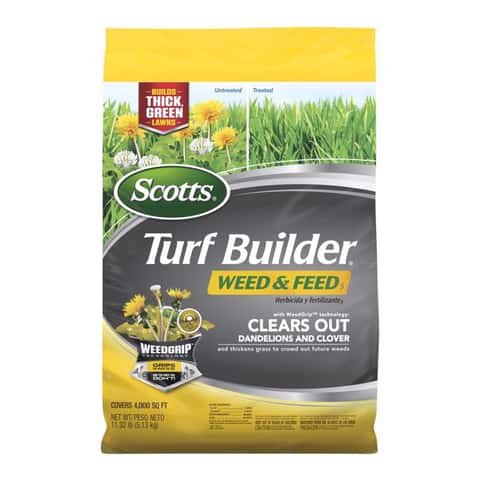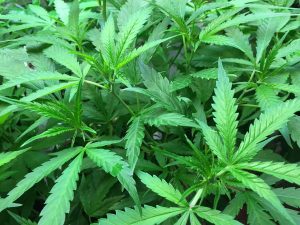
There are several THC products available in the cannabis business; Delta 8 THC and Delta 9 THC are two most often used ones. Though they are found in cannabis plants, both are cannabinoids with different potency, effects, and legality. Knowing these main variances will enable you to select the correct product for your requirements. When choosing delta 8 flower brands, it’s essential to research the product’s potency and quality. Several delta 8 flower brands stand out for consistency.
-
Potency and Chemical Structure
Although Delta 8 and Delta 9 THC have a same chemical structure, their molecular variations influence its interactions with the body. Delta 8 THC has a double bond on the eighth carbon chain; Delta 9 THC has it on the ninth. Their potency is affected by this little variation; Delta 9 is far more potent and more sedative than Delta 8. Delta 8 flower gives a more subdued experience without Delta 9’s strength for those looking for a softer high.

-
Legal Standing
Delta 8 and Delta 9 THC have quite different legality. Under federal law, Delta 9 THC is categorized as a Schedule I substance thus prohibited in many states. Because Delta 8 derives from hemp, it falls into a legal grey area. Although many states let Delta 8 items to be sold, local laws should be checked as rules differ.
-
Medical advantages
Delta 8 and Delta 9 THC both have medicinal advantages including anxiety lowering, appetite stimulation, and pain alleviation. Still, those looking for relief with less negative effects sometimes like Delta 8. Its gentler character makes it a common choice for controlling symptoms without the strong hallucinogenic impact connected with Delta 9.
Many delta 8 flower brands focus on providing a clean, natural experience, with options ranging from mild to strong effects.






